No Crossing, No Clients

Canadian waterfowl outfitters and guides suffer because of Covid-19 border closures
About 20,000 Americans visit Canada to hunt waterfowl each fall, but that didn’t happen in 2020.
Because of the coronavirus pandemic, the Canadian government closed its borders to foreigners in March 2020, only allowing some “essential” people to enter. Even people deemed “essential” were required to quarantine for 14 days and test negative for the virus before they can resume their reason for visiting. The border closure effectively shut the doors of numerous hunting lodges that depend heavily upon visiting American hunters, putting a huge dent in Canada’s $1.8 billion hunting industry.
“The hard part is the laws change almost daily or weekly,” lamented Kevin McNeil of Blue Sky Outfitters in McLennan, Alberta. “Just like each state is different south of the border, each Canadian province is different up here.”
Besides waterfowl, McNeil also guides for moose, deer, bison and wolves. In addition, he operates a remote fishing lodge in the Northwest Territories. Each year, he hosts about 200 American hunters. But since March 2020, he’s had no foreign clients.
“We get very few Canadian clients, just some from Alberta in 2020,” he said. “Imagine no paycheck for the last 52 weeks. We are just trying to do the best we can. We’re fortunate that we’re in good shape financially because we’ve been outfitting for 21 years. I feel sad for the new outfitters, especially for people who have taken on high debt in the last few years.”
Terry Young of Last Mountain Lake Outfitters in Strasbourg, Saskatchewan, hosts about 50 Americans each year, but none in 2020. Fortunately, he derives most of his income from a farm and cattle ranch, but he had to lay off his lodge help in 2020. Young did not try to fill his camp with Canadian hunters as replacements in 2020, but said he might do so for this fall if the border remains closed much longer.
“When the lockdowns came in March (2020), nobody really knew where this was going,” Young said. “By September, hunting season was about to start and our clients couldn’t cross the border. I’m fortunate that I’ve been guiding for more than 20 years, so I’ve already paid for my guide business, but I have one full-time guide, a part-time guide and a lady who takes care of accommodations and meals at the lodge. They have been out of work. My little operation ended up affecting four different families.”
Both McNeil and Young anticipate there will be an increased interest in returning to Canada once the borders open. They believe many American hunters who missed out on their northern adventures during the pandemic will jump at the first opportunity to go. Whether for hunting or fishing, Canadian lodges could fill quickly when the borders open.
“This past year was pretty tough, but I have a lot of repeat customers, many who have been hunting with me for more than a decade,” Young explained. “I have a big list of long-term clients who are ready to go as soon as they can get here. Nobody has asked for their deposits back. Hopefully, things will open and we’ll see them in 2021.” — John Felsher

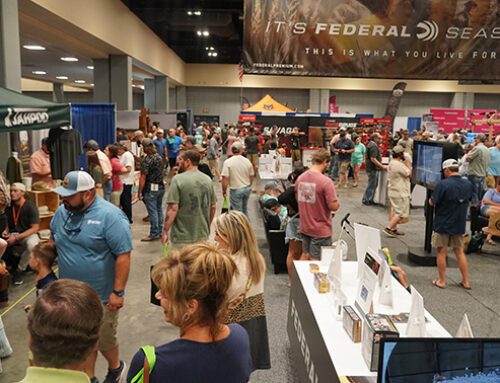
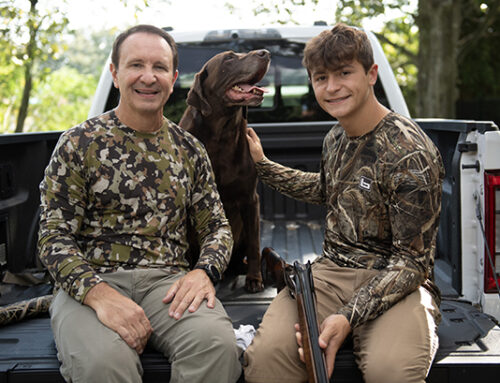
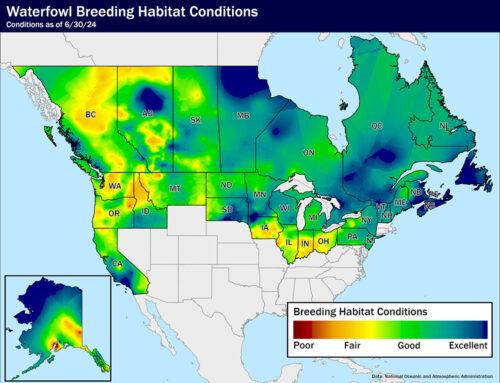
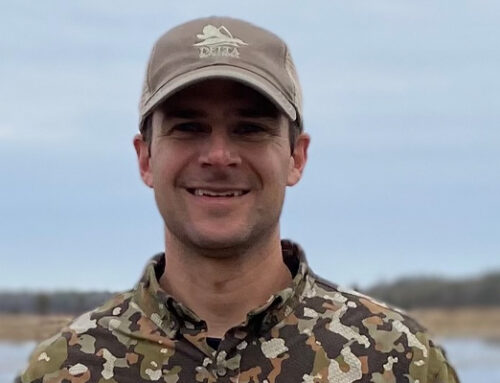
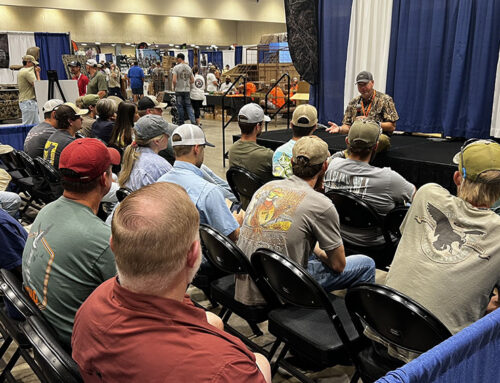
As a Saskatchewan farm born and raised fella I can’t say I feel really about this. The pressure from way too many self-guided Americans and local outfitters has exponentially increased since I was a kid. I won’t outright say that landowners are being paid under the table to decline us locals from getting access but reading between the lines it is clear this has become common practice. I have, over the years heard more and more No’s when knocking on doors to try and get a hunt in Saskatchewan and Alberta. Indeed this sounds like waterfowling in my homelands is becoming “Americanized”. And indeed this is the frustrating sad truth. I had the opportunity last year to enjoy similar waterfowling as when I was kid and hope the border stays closed again for 2021!
you can say that all you want about the US hunters hurting your hunting opportunities. If it wasn’t for the vast amount of money being spent in Canada by US hunters there are a lot of outfitters that wouldn’t exist and be able to enjoy the lifestyle they have. Canada is a huge country in land mass and less than one tenth the population of the US , I’m sure if you tried a little harder you could find places to hunt. You could also pay outfitters as well, I’m sure they would take your money too.
Couldn’t agree more with Shel. Americans ruined the hunting in their country by cramming too many hunters onto public land, draining their wetlands for farming and letting Guides and Outfitters lease up all the good private land. Now they come into my country and try to do the same thing! Joe, you couldn’t be farther from the point. It’s usually Americans who are doing the guiding in Canada, not Canadians. The whole point is that we don’t like outfitters ruining the hunting for everyone else, why would we care about them? And on top of that why would we pay them? Your comment makes zero sense. Leasing up all the good hunting land is what ruined the hunting in America, take that back to your country and keep it there. Some of my best hunts were in 2020 with zero Americans around. Too bad it couldn’t always be that way.